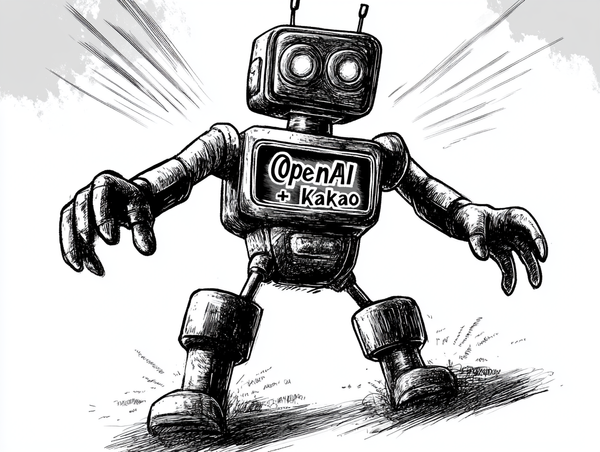AI News, July 25th, 2024

Here is the latest AI tech news from the past day:
- Meta's AI Advancements:
- Meta has released the Llama 3.1 collection, which includes highly anticipated multilingual large language models with up to 405 billion parameters. This new release aims to enhance creativity and problem-solving capabilities for users by providing advanced generative AI tools (Facebook).
- Additionally, Meta's AI is now more multilingual and creative, offering new tools for tasks such as math and coding questions, and integrating with products like the Meta smart glasses for on-the-go information access(Facebook).
- Generative AI Adoption and Risks:
- According to a McKinsey report, generative AI (gen AI) adoption has surged across industries, with businesses investing significantly in both generative and analytical AI solutions. This trend has shown notable cost reductions in human resources and revenue increases in supply chain management and marketing(McKinsey & Company).
- Despite the benefits, businesses are also recognizing the risks associated with gen AI, such as data privacy, bias, and intellectual property infringement. Many organizations have experienced negative consequences due to inaccuracies and cybersecurity issues (McKinsey & Company).
- Regulatory Developments:
- The European Union has reached a provisional agreement on the Artificial Intelligence Act, which aims to regulate high-risk AI systems, enforce transparency, and prohibit certain practices like indiscriminate scraping for facial recognition. This legislation seeks to balance innovation with safety and ethical considerations (IBM - United States).
- In the United States, the Biden administration has issued an executive order outlining requirements for the use of AI technologies by federal agencies, aiming to establish trust and security in AI development (IBM - United States).
- AI for Scientific Discovery:
- AI continues to revolutionize scientific research, with tools like DeepMind’s AlphaFold accurately predicting protein structures and aiding in the discovery of new antibiotics. AI's potential to transform scientific disciplines is increasingly recognized, with ongoing efforts to leverage synthetic data for collaborative research while maintaining privacy (World Economic Forum).
For more detailed insights, you can explore the reports from IBM, McKinsey, and Meta.




